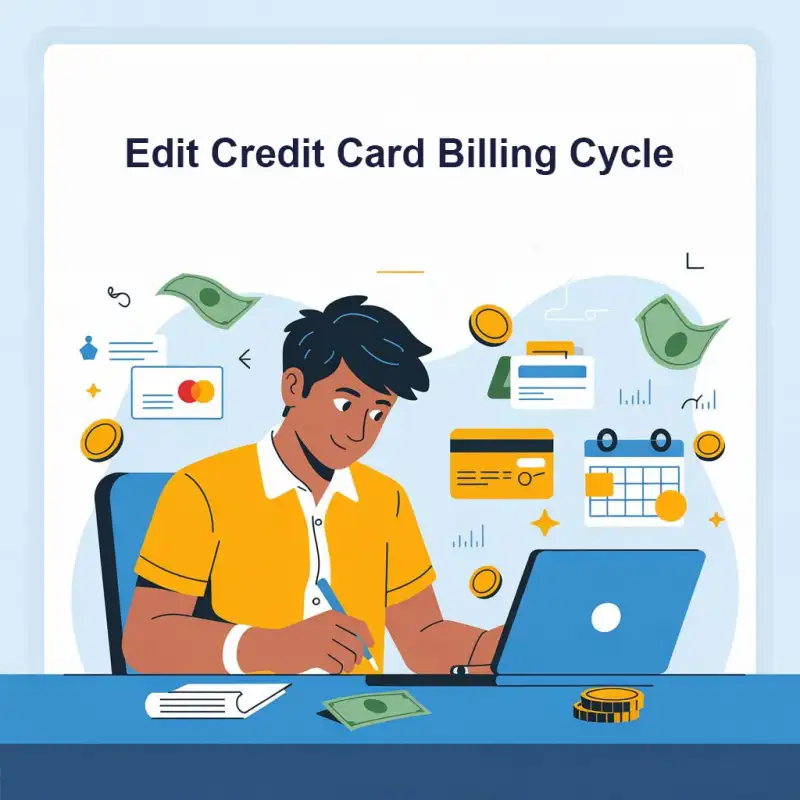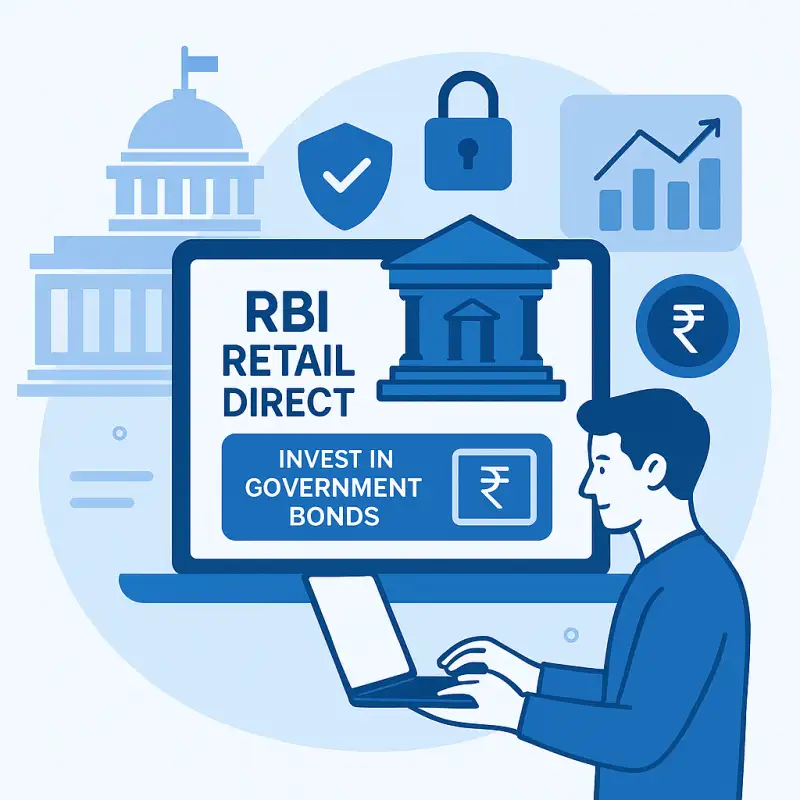Insurance Plans for Freelancers - Digiforum Space
Share
Facebook X LinkedIn Tumblr Pinterest Pocket Skype Messenger Messenger ViberInsurance Plans for Freelancers
Freelancing has emerged as a dynamic and liberating career choice, offering flexibility and independence. However, along with these advantages come unique challenges, one of which is the need for comprehensive insurance coverage. As a freelancer, you’re essentially your own boss, responsible for your financial security and well-being. In this guide, we’ll delve into the world of insurance plans tailored for freelancers, helping you understand the options available to protect yourself, your work, and your future.
1. The Freelancer’s Landscape
Freelancers often lack the safety nets of traditional employment, such as employer-sponsored insurance. This makes obtaining insurance coverage even more critical. Whether you’re a freelance writer, designer, consultant, or any other type of self-employed professional, having the right insurance can provide peace of mind and safeguard against unforeseen circumstances.
2. Health Insurance: Your Foundation
Health insurance is arguably the most essential coverage for freelancers. Medical expenses can be a significant financial burden, and having a health insurance plan ensures that you’re protected in case of illness, accidents, or emergencies. Research and compare health insurance options, including individual plans and family coverage, to find a plan that suits your needs and budget.
3. Disability Insurance: Protecting Your Income
Unlike traditional employees, freelancers don’t have paid sick leave or disability benefits. Disability insurance is designed to replace a portion of your income if you’re unable to work due to injury or illness. This coverage ensures that you can continue meeting your financial obligations even when you’re unable to work temporarily.
4. Professional Liability Insurance: Safeguarding Your Work
As a freelancer, your work is your reputation. Professional liability insurance, also known as errors and omissions (E&O) insurance, protects you from claims of negligence, mistakes, or inadequate work. This coverage can be particularly crucial if a client alleges that your work caused them financial loss.
5. General Liability Insurance: Coverage for Accidents
Accidents can happen at any time, even in the course of your freelance work. General liability insurance provides protection if you accidentally cause bodily injury or property damage to a client or a third party. This coverage is especially important if you interact with clients in person or work at client locations.
6. Cyber Liability Insurance: Digital Protection
In the digital age, cyber threats are a real concern for freelancers who handle sensitive client data. Cyber liability insurance helps cover expenses related to data breaches, cyberattacks, and other digital risks. It can protect your reputation and financial well-being in case of a cybersecurity incident.
7. Equipment Insurance: Safeguarding Your Tools
Many freelancers rely on specialized equipment such as laptops, cameras, or tools to perform their work. Equipment insurance provides coverage against theft, damage, or loss of essential items. This ensures that your work isn’t disrupted by unexpected equipment-related setbacks.
8. Life Insurance: Planning for the Future
While life insurance may not directly impact your freelancing career, it’s an important consideration for your long-term financial planning. Life insurance provides financial support to your loved ones in the event of your passing, ensuring that they’re taken care of financially.
9. Retirement Planning: Building a Secure Future
Freelancers don’t have employer-sponsored retirement plans like 401(k)s, so it’s essential to take charge of your retirement planning. Consider opening an Individual Retirement Account (IRA) or a Simplified Employee Pension (SEP) IRA to save for your retirement and secure your financial future.
10. The Personalized Approach
Every freelancer’s journey is unique, and so are their insurance needs. Before making any decisions, assess your individual circumstances, the nature of your work, and your financial goals. Consult with insurance professionals to customize insurance plans that align with your specific needs.
Related Articles
- What is Professional Liability Insurance?
- How to track Lost mobile using CEIR mobile tracker?
- What are registered companies?
- Gas Cylinder Insurance
- What is a Pension Fund?
Conclusion
As a freelancer, proactively addressing your insurance needs is a vital step towards building a stable and secure career. By understanding the range of insurance options available—from health and disability insurance to liability and equipment coverage—you can create a comprehensive safety net that allows you to focus on your work with confidence. Remember, investing in the right insurance plans not only protects your present but also safeguards your future as you navigate the exciting and ever-evolving world of freelancing.
Copy URL URL Copied
Send an email 23/08/20230 76 3 minutes read
Share
Facebook X LinkedIn Tumblr Pinterest Pocket Skype Messenger Messenger ViberShare
Facebook X LinkedIn Tumblr Pinterest Reddit VKontakte Odnoklassniki Pocket Skype Share via Email Print





